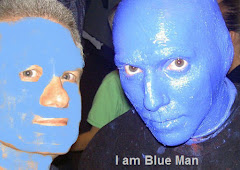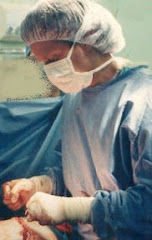I get it. The human patient has 23 pairs of chromosomes. On those 46 chromosomes is the twisted ladder construction called DNA that houses our 21,500 genes. Those genes hold the code to all of our life processes thru the production of proteins. Proteins govern our lives in sickness and in health. Except for gun shot injury and other trauma, almost every illness has genetic basis.
What's happened in genetics in the last 5 years is profound. The "human genome", the map to those 21,500 genes, has been largely decoded. We understand now 100's of gene variations associated with medical conditions. There has been identified over 1500 genes linked to disease and better understand the damage that a single gene mutation (change) can cause.
The class I'm taking in genetics was not possible when I attended PA school. It's only been in the last few years that this class has existed at all. It is growing, dynamic and an ever changing target from an educational perspective. It is probable that in my practice I'll be able to effective use genetics in some manner for treatment. Clearly preventive medicine is an area that will most benefit from this knowledge. Will we be able to ID a possible gene mutation, predict a disease  and "reengineer" the gene or in some way, fend off the illness? The possibilities are mind boggling...and likely well beyond the constraints of a single class in medical school. It's exciting! If we don't get better health from this knowledge at least we'll get some really big omelettes. In the meantime, I'd better figure out my replication forks from my DNA protease...sounds sorta important!
and "reengineer" the gene or in some way, fend off the illness? The possibilities are mind boggling...and likely well beyond the constraints of a single class in medical school. It's exciting! If we don't get better health from this knowledge at least we'll get some really big omelettes. In the meantime, I'd better figure out my replication forks from my DNA protease...sounds sorta important!




